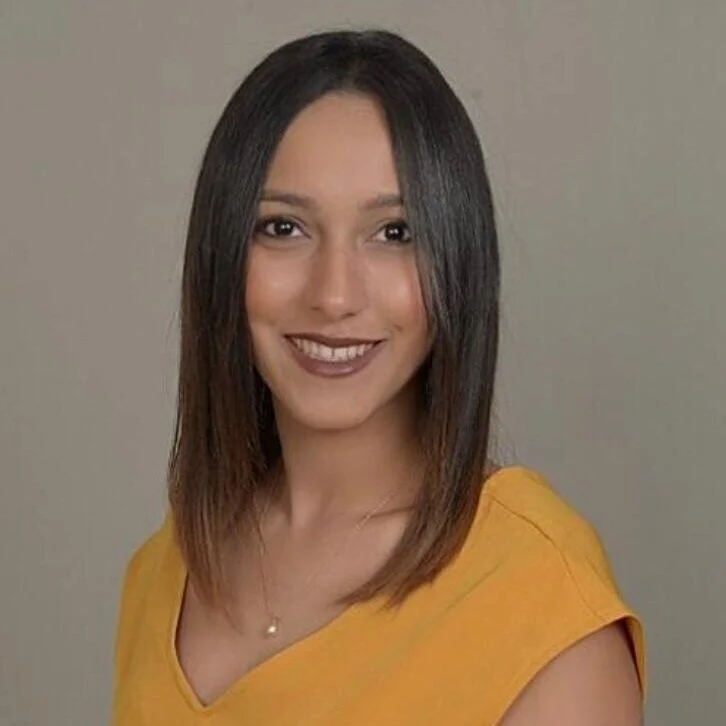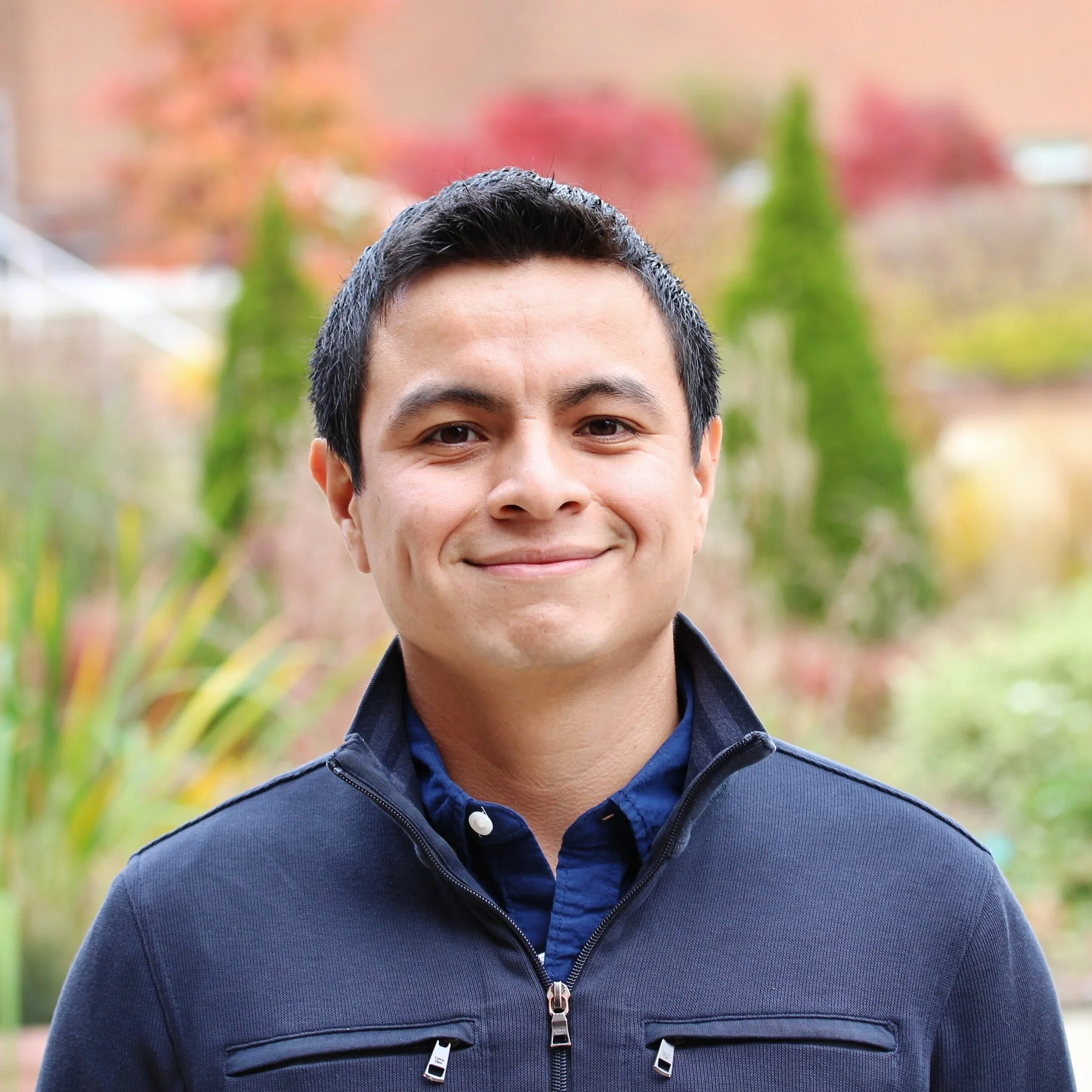Story Collider Presents: Stories from SACNAS
The Story Collider is delighted to partner with SACNAS (Society for Advancement of Chicanos/Hispanics and Native Americans in Science) once again, for a show in conjunction with their 2019 SACNAS - The National Diversity in STEM Conference! Five storytellers from the society will share their true, personal stories of resilience in science.
Hosted by Erin Barker and Gastor Almonte.
About SACNAS
For over 46 years, SACNAS has served as an inclusive organization dedicated to fostering the success of Chicano/Hispanics & Native Americans, from college students to professionals, in attaining advanced degrees, careers, and positions of leadership within STEM.
Today, the organization serves a growing community of over 20,000 supporters, 6,000+ members, and 115+ student and professional chapters throughout the United States and Puerto Rico. SACNAS influences the STEM diversity movement through STEM outreach & advocacy, promotion of STEM leaders, and The SACNAS National Diversity in STEM Conference. Learn more about SACNAS at sacnas.org, Facebook, or Twitter.
Stories by:
Sean Bearden is a Ph. D. candidate in Physics at UC San Diego, researching the application and development of memcomputing systems, a novel computing paradigm. Identifying as a nontraditional student, Sean went from dropping out of high school to receiving the National Science Foundation Graduate Research Fellowship and Alfred P. Sloan Scholarship in the Minority Ph. D. Program. To alleviate the stress that is inevitably coupled with graduate research, he enjoys training Brazilian Jiu-Jitsu at the P5 Academy in San Diego. Visit seanbearden.com to learn more.
Nicole Colon-Carrion was born and raised in Puerto Rico, where she obtained her bachelor's degree in Natural Science with a concentration in Biology. After obtaining her bachelor's degree, she joined the Post-baccalaureate Research Experience Program (PREP) at Michigan State University, where she had the opportunity to work in the area of Neurotoxicology. Currently she is a third year PhD student at the College of Agriculture and Life Sciences at the University of Arizona working in Dr. Arnold's lab. As a graduate student, she is interested in the study of fungal symbiosis and their role in shaping ecological processes after natural disturbances. After obtaining her PhD, her career goal is to become a specialist focused on the use of symbioses to (1) improve forestry through the lens of species interactions; (2) enhance crop yield via manipulation of plant-microbe interactions, and (3) develop microbe-microbe interactomes into biocontrol strategies to reduce pathogenicity and the use of chemical agents in the landscape. By integrating her knowledge in fungal symbioses, plant sciences, molecular biology, bioinformatics, phylogenetics, ecology, and evolution, she will develop and communicate innovative strategies to local farmers to improve Puerto Rico's declining agricultural practices, while also providing educational opportunities to local students and engaging students in research.
Yvan Delgado was born and raised in Lima-Peru and came to the U.S in 2006, when he was 19 years old. While being a part-time student at a community college, Yvan delivered pizzas for several years. It took him five years to complete his general educational and transferred to Humboldt State University in 2011. Two years after transferring to HSU, he had completed an internship at Harvard University, started a 2-year research program, and received the NSF graduate research fellowship. Yvan is currently a PhD candidate in Entomology studying spider communities in Cleveland-Ohio, and is also cataloging the diversity and distribution of spiders in the tropical Andes in Cusco-Peru. He will be graduating in May 2020.
Yaihara Fortis Santiago grew up in the mountains of Puerto Rico dreaming of being a photographer for National Geographic while living in NYC. One part of that dream became her reality after completing her scientific training, perusing through the AAAS Science and Technology Policy Fellowship, and moving to the very expensive city of her dreams in 2014 for her first real job. Currently she is the manager of the office of Postdoctoral Affairs at Memorial Sloan Kettering, where she advises early career scientists on developing skills, transitioning into exciting careers and navigating academic struggles. She loves big city living, but she is the happiest at her family’s farm, traveling with friends, telling stories and dancing salsa.
Lelemia Irvine, PhD, EIT, is kupukaaina, a lineal descendant from the aboriginal families that sprouted out of the land of Waiʻanae, Oʻahu. Dr. Irvine is an Assistant Professor of Physics at the University of Hawaiʻi at West Oʻahu. He is now at his dream job as a professor but the road to get there was not a breeze. Dr. Irvine is the first Kāne Kanaka ʻŌiwi (Native Hawaiian male) to earn a PhD in Civil and Environmental Engineering program at the University of Hawaiʻi at Mānoa in 2019. In his doctoral research, he studied the physics of stormwater within a bioswale using predictive and computational approaches. As far as we know, presently there are less than 10 Native Hawaiians with a PhD in any engineering discipline in the world. Dr. Irvine is a self-described Rain Farmer, a term he coined, when his father, who has dementia, ask him “boy, what you studying in school?”. As a rain farmer, he seeks to connect sky to aquifer thru the physics of fluids and indigenous engineering ways of knowing. Dr. Irvine shares his personal journey as an empowerment tool for others to co-navigate and constellate the village of higher education systems.
Narrissa Spies is a Native Hawaiian scientist who was born and raised on the island of Hawaii. She received her bachelor and master’s degrees from the University of Hawaii at Hilo, and is in the process of completing her PhD this semester at the University of Hawaii at Manoa. She has previously worked as a researcher, curriculum developer, and educator, and has a passion for marine conservation. In her current position she is a fish and wildlife biologist with the U.S. Fish and Wildlife Service in their Honolulu office, and is on a team that manages ecological services on Oahu, Kauai, American Samoa, and Papahanaumokuakea.






